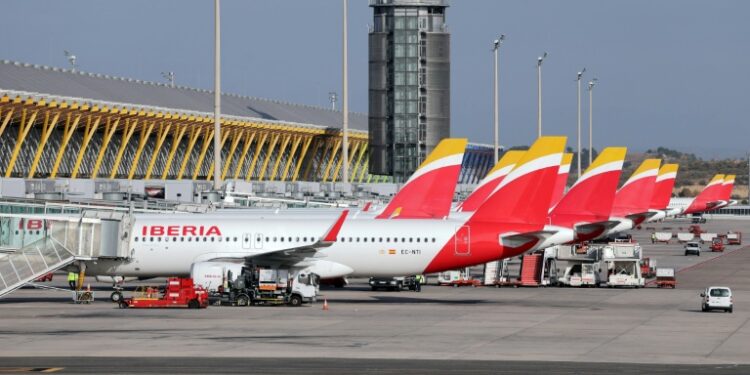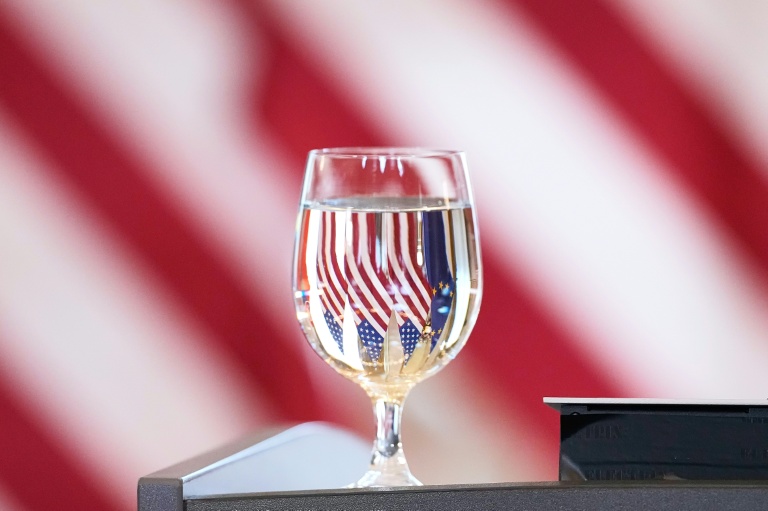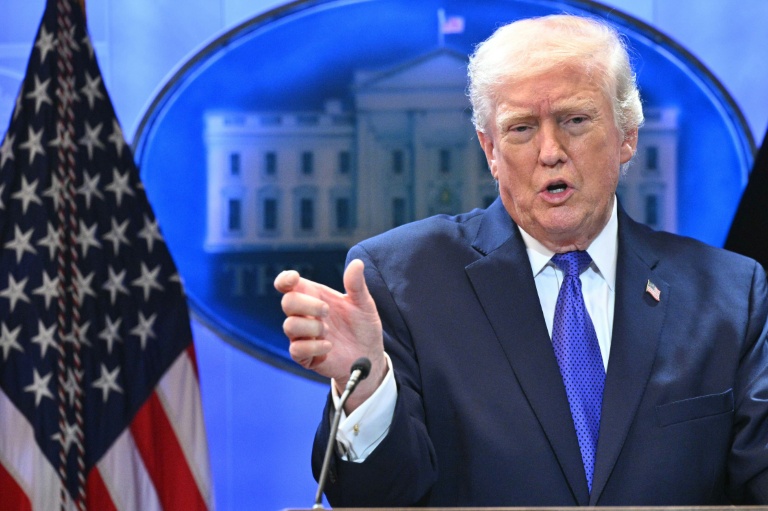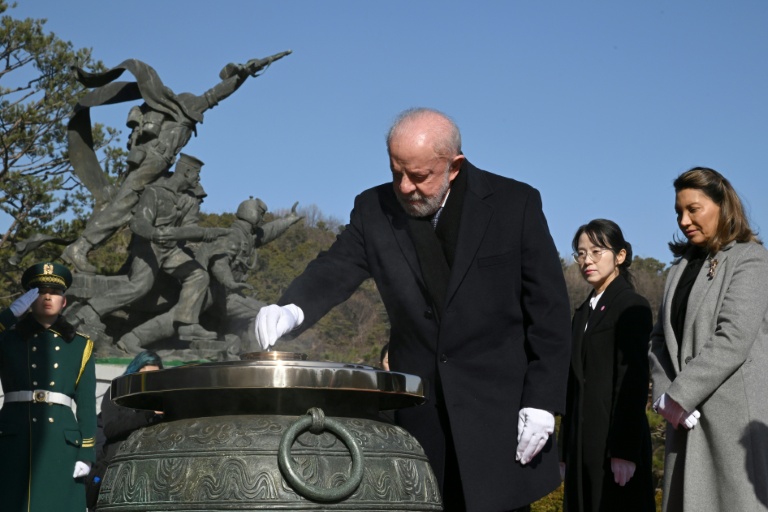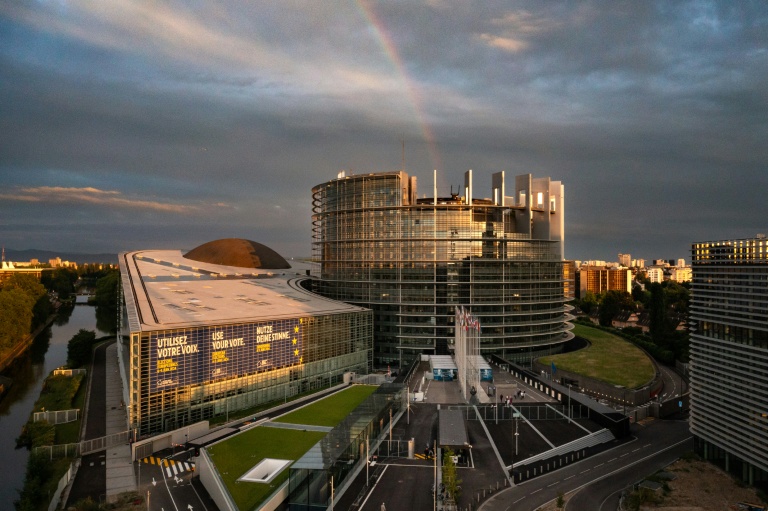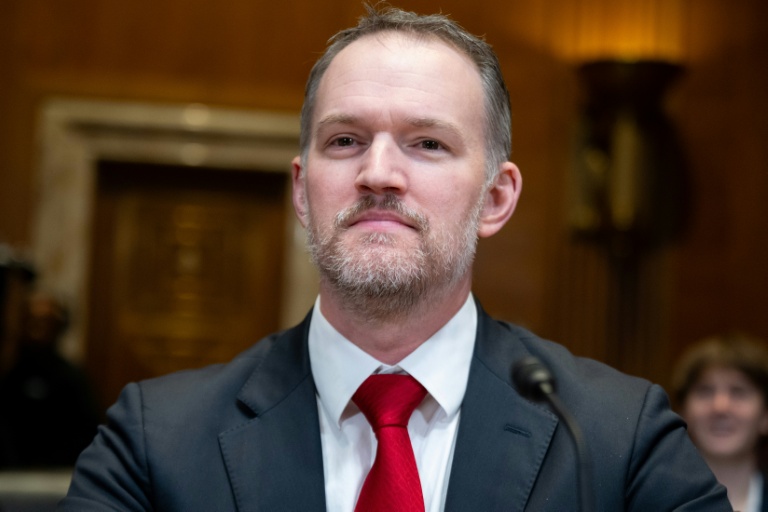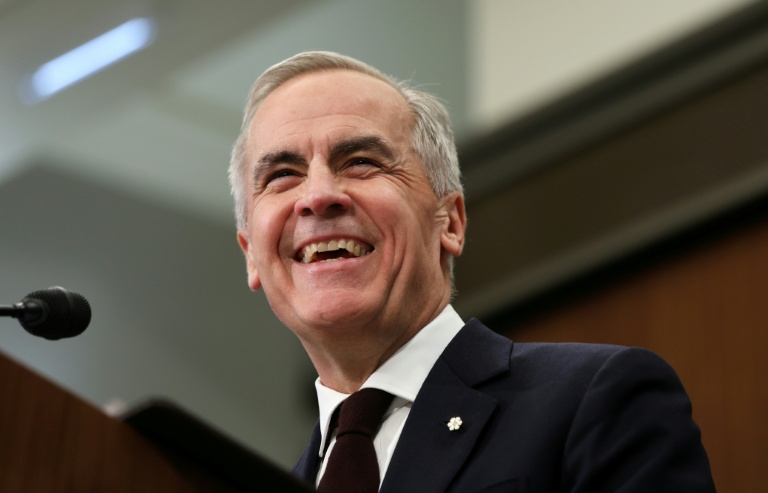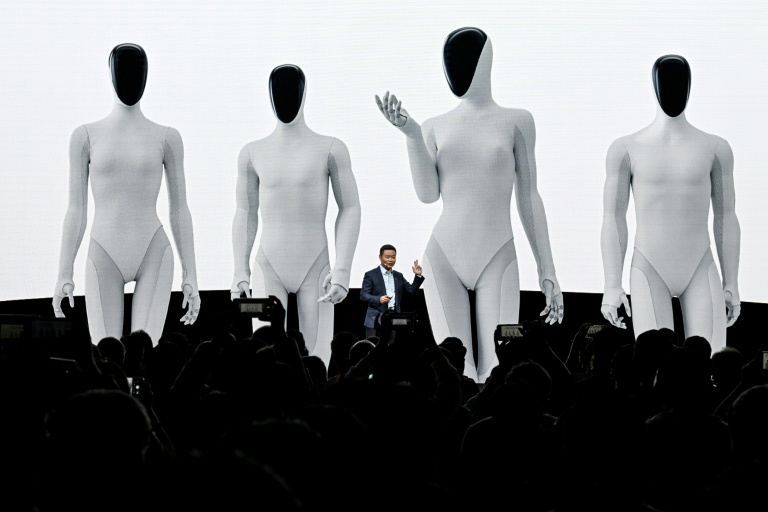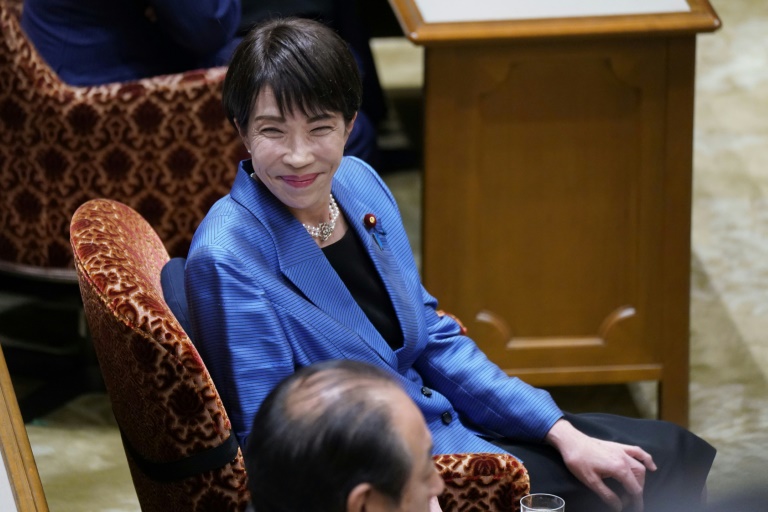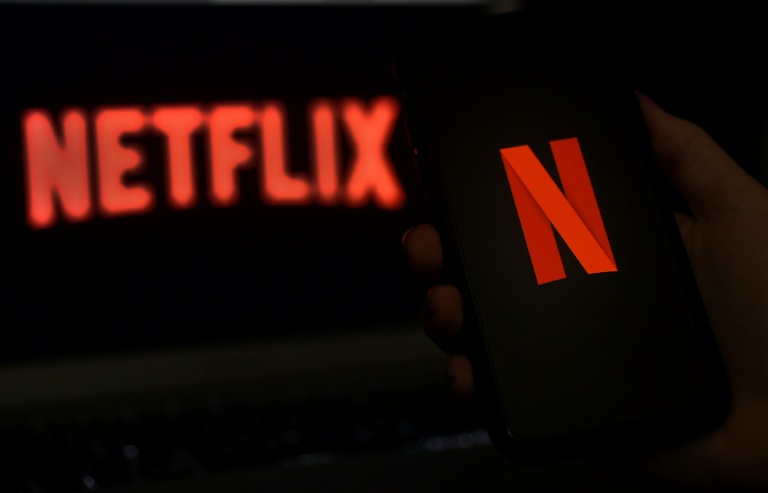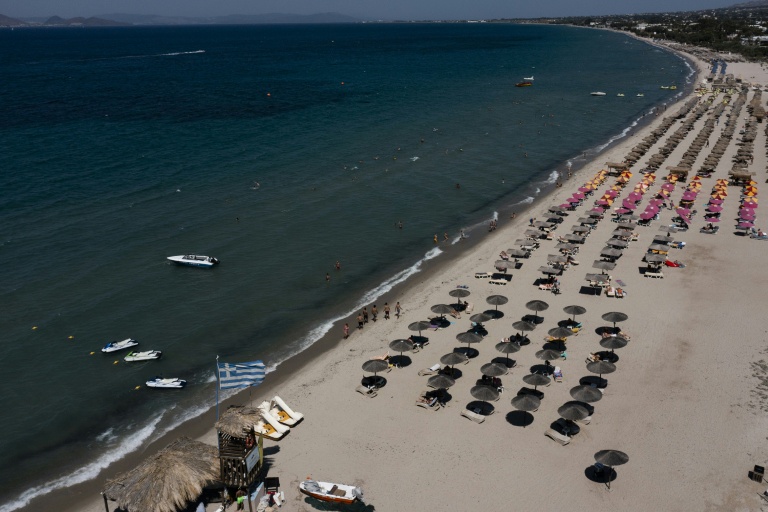Caracas (AFP) – Venezuela’s decision to ban foreign airlines that stopped flying to the Caribbean country over concerns about US military activity was branded “disproportionate” on Thursday as thousands of passengers scrambled to save their travel plans. Venezuela’s aviation authority said Wednesday that it had banned six airlines — Spain’s Iberia, Portugal’s TAP, Colombia’s Avianca, Chile and Brazil’s LATAM, Brazil’s GOL, and Turkish Airlines — for “joining the actions of state terrorism promoted by the United States government.”
The airlines, which account for much of the air travel in South America as well as air links to Europe, suspended flights to Venezuela last week following safety warnings from Washington, which has deployed warships in waters off Venezuela for what it calls an anti-narcotics operation. The suspension infuriated Caracas, which issued the carriers with a 48-hour ultimatum on Monday to resume flights or be banned from Venezuela, which they ignored.
Portuguese Foreign Minister Paulo Rangel accused Venezuela on Thursday of a “disproportionate” reaction. Portugal has “no intention of canceling our routes to Venezuela, and that, obviously, we only did so for security reasons,” he said. A source from Iberia told AFP that the company hoped to resume flights to Venezuela “as soon as possible, as soon as full security conditions are met.” It added that the Spanish airline “cannot operate in areas where there is a high security risk” and mentioned that Spain’s aviation authority had recommended not flying at this time to Venezuela.
The flight suspension has so far affected more than 8,000 passengers on at least 40 different flights, according to the Venezuelan Association of Travel and Tourism Agencies (AVAVIT). A small number of Venezuelan companies, including Avior and Laser, continue to offer a limited number of flights to Spain and regional cities.
– ‘Worsening security’ –
The US Federal Aviation Administration last week urged civilian aircraft operating in Venezuelan airspace to “exercise caution” due to the “worsening security situation and heightened military activity in or around Venezuela.” President Donald Trump has deployed the world’s biggest aircraft carrier, the USS Gerald R. Ford, and 10 other ships to the Caribbean. Defense Secretary Pete Hegseth and his wife spent the Thanksgiving holiday on Thursday with troops aboard the aircraft carrier. The Pentagon released a video showing him serving up turkey dinners in the mess and expressing gratitude to the troops for “interdicting cartels” and “defending the American people.”
Washington has also carried out multiple shows of aerial force in the region, with B-52 and B-1B bombers flying near Venezuela’s coast. Venezuela’s leftist President Nicolas Maduro, whose re-election last year was widely rejected by the international community as fraudulent, believes the operation is secretly aimed at overthrowing him. He has reacted defiantly, staging military exercises and mass rallies aimed at projecting strength and popular support. “Keep your planes, and we will keep our dignity,” Interior Minister Diosdado Cabello said.
Apart from the naval build-up, the United States has carried out strikes on over 20 alleged drug boats in the region, killing dozens. Washington has not yet provided any evidence that the boats were smuggling narcotics or posed a threat to the United States. This week, the Trump administration continued to pile pressure on Venezuela, despite the US president saying he was open to dialogue with Maduro. On Monday, Washington designated an alleged Venezuelan drug cartel a foreign terrorist organization. And on Wednesday, the Dominican Republic, a US ally in the Caribbean, told Hegseth that Washington could use an airbase and an airport for its counter-narcotics operations.
© 2024 AFP

